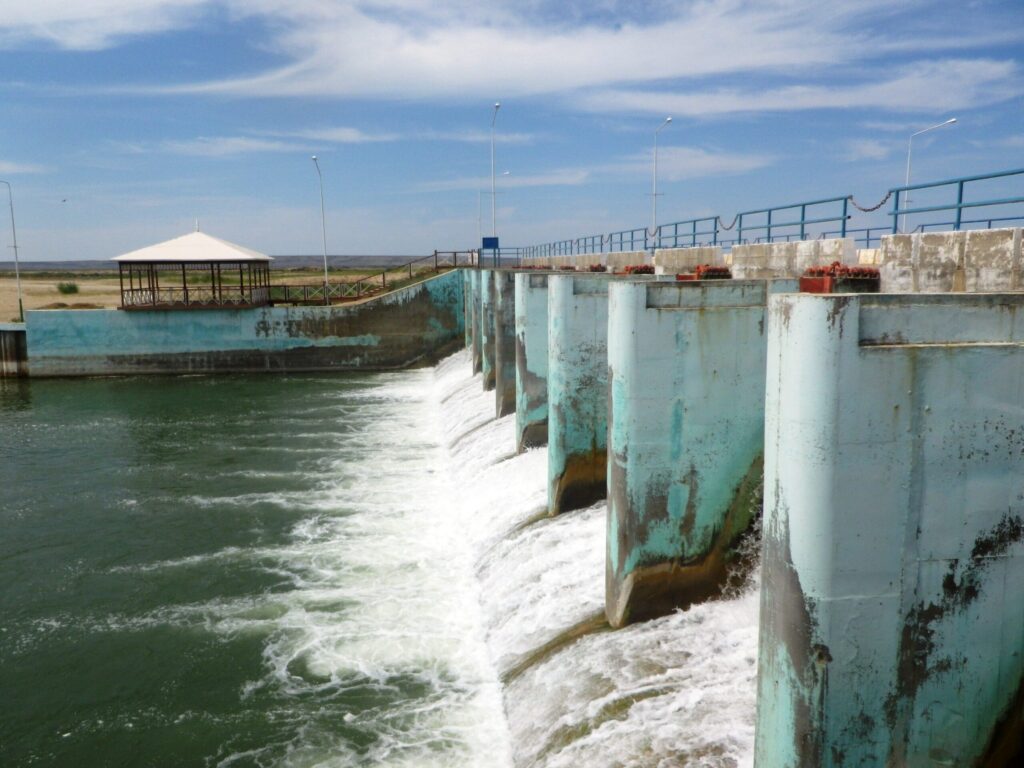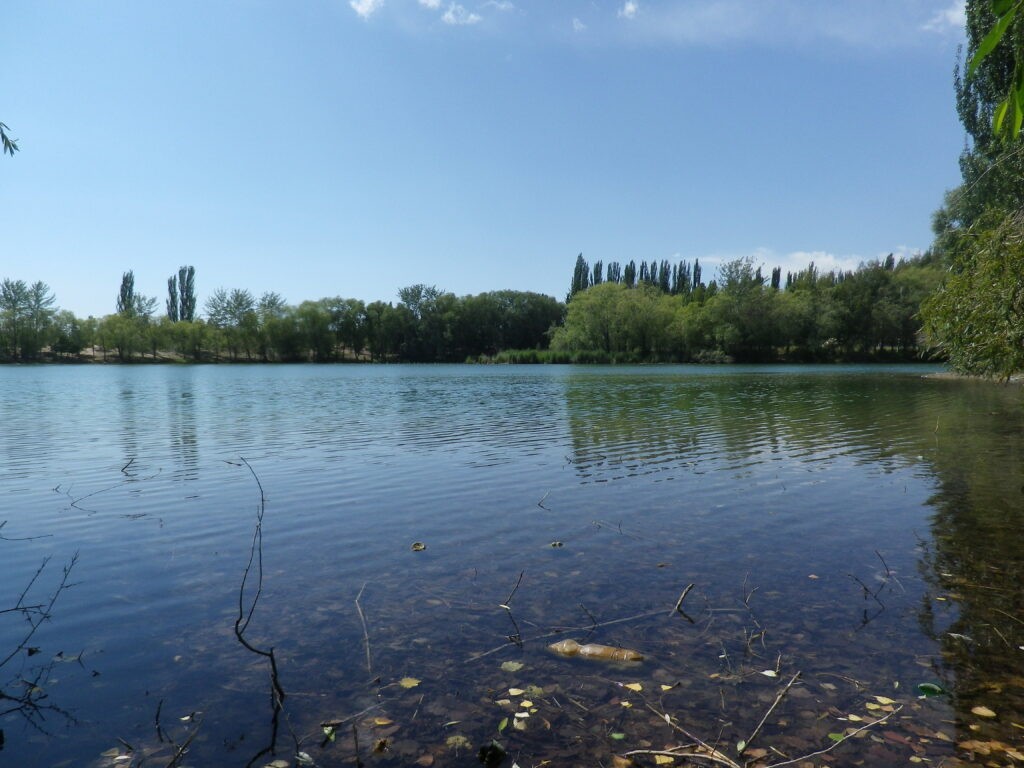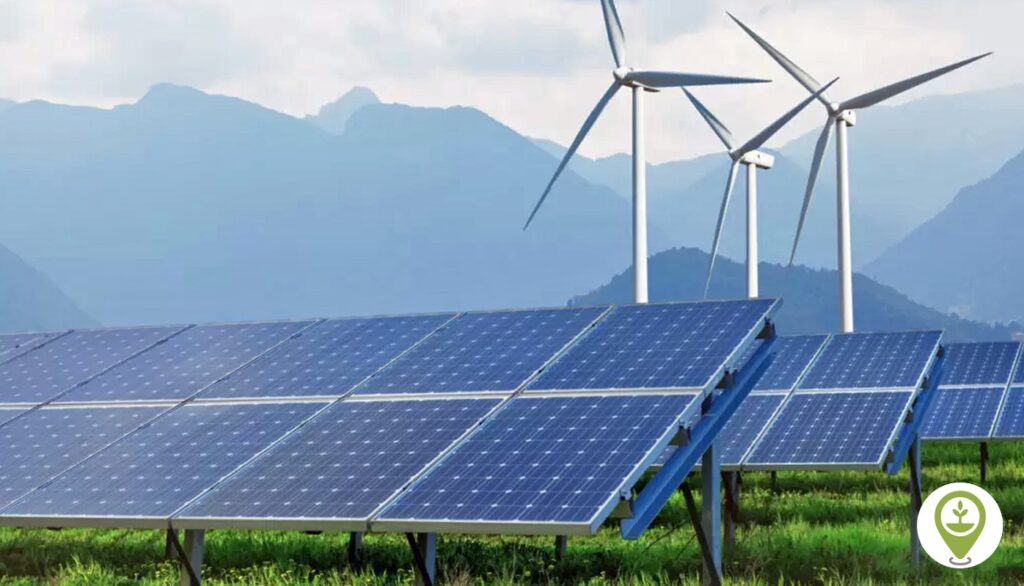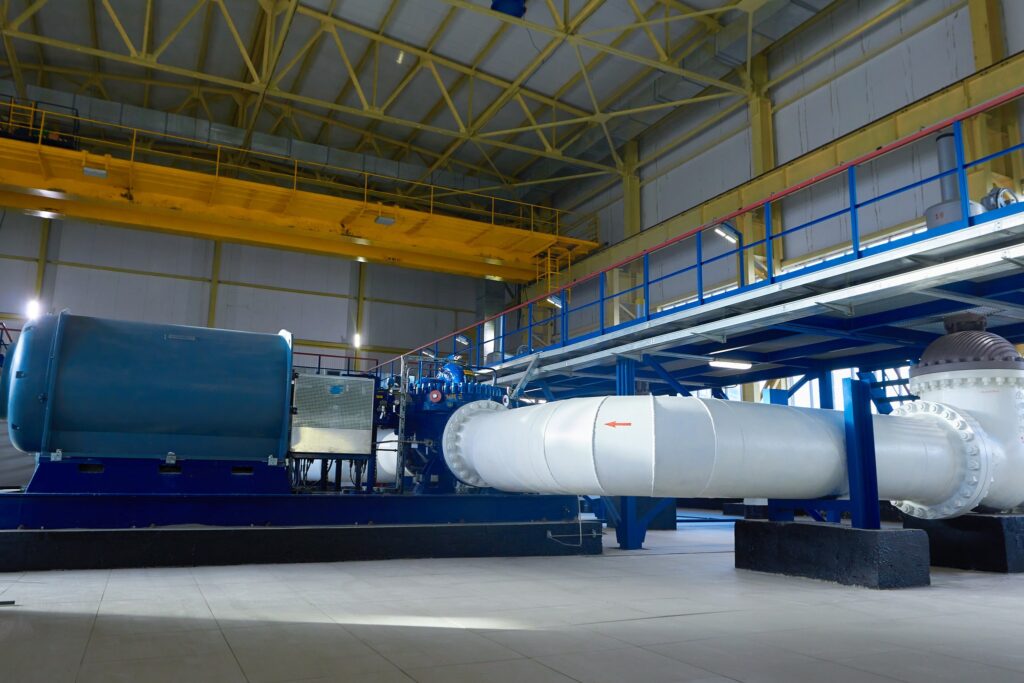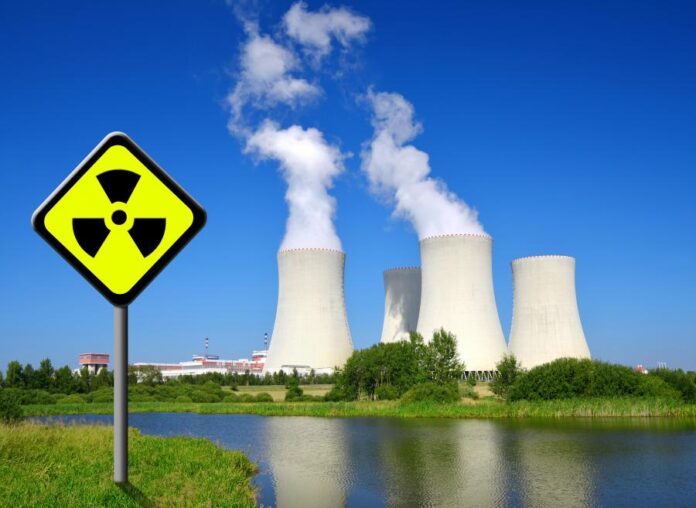Leonardo DiCaprio Congratulates Government of Kazakhstan
One of the most sought-after Hollywood actors, Leonardo DiCaprio, has appealed to the government of Kazakhstan on his personal Instagram page. On December 25th, the Oscar-winner congratulated the Kazakhstan authorities on the increase in the population of the endangered saigas. "Congratulations to the Government of Kazakhstan, which has invested heavily in anti-poaching initiatives, powerful law enforcement agencies and the creation of new protected areas. Their cooperation with environmental organizations, universities and scientists is a vivid example of real success in the field of nature conservation based on joint efforts," wrote DiCaprio, noting that saigas had moved categories from "on the verge of extinction" to "in a state close to threatened" on the international Red List. "This unprecedented recovery reflects the remarkable preservation of saiga in Kazakhstan. The species, which once numbered 48,000 in 2005, has now grown to more than 1.9 million in the wild," the actor noted. DiCaprio contributes considerably to climate change and pollution issues, supporting more than 200 projects focused on protecting wildlife and restoring the balance of ecosystems and communities. On December 12th, the International Union for Conservation of Nature reported that saigas no longer belong to the species of animals on the verge of extinction.

